Look at some of the ways ECE and other University of Michigan researchers are using computer vision for real-world applications.
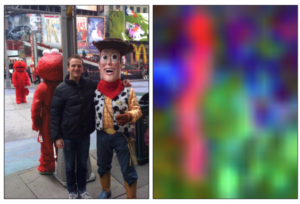

Look at some of the ways ECE and other University of Michigan researchers are using computer vision for real-world applications.
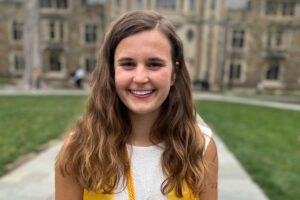
Lee designs implantable and wearable electronics to help restore movement to those who have lost limbs or have been paralyzed.
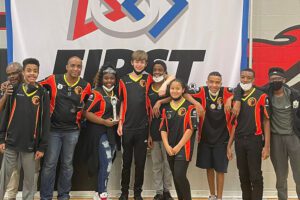
Having excelled in careers at Microsoft, Amazon, and now Meta, the alum and renowned video game engineer co-founded The Motor City Alliance to make Detroit a powerhouse for FIRST Robotics teams
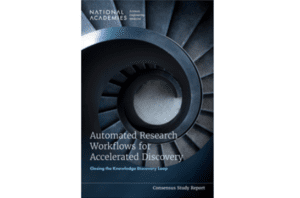
Prof. Emeritus Daniel Atkins III chaired and Prof. Al Hero served on a National Academies committee that published a new report describing the impact of artificial intelligence and automated research workflow technologies in propelling research and scientific discovery.

Prof. Peter Seiler co-authored the paper that focuses on reachability analysis for a variety of systems, including aircraft control and autonomous vehicles.

Seiler’s contributions to Matlab’s Robust Control Toolbox and to the control of vehicle platoons have resulted in major industrial applications.

With the help of 1.6 million GaN nanopillars per sensor, the University of Michigan team was able to provide human-level sensitivity with directionality on a compact, easily manufactured system
Transparent optical sensor arrays combine with a specialized neural network in new University of Michigan prototype
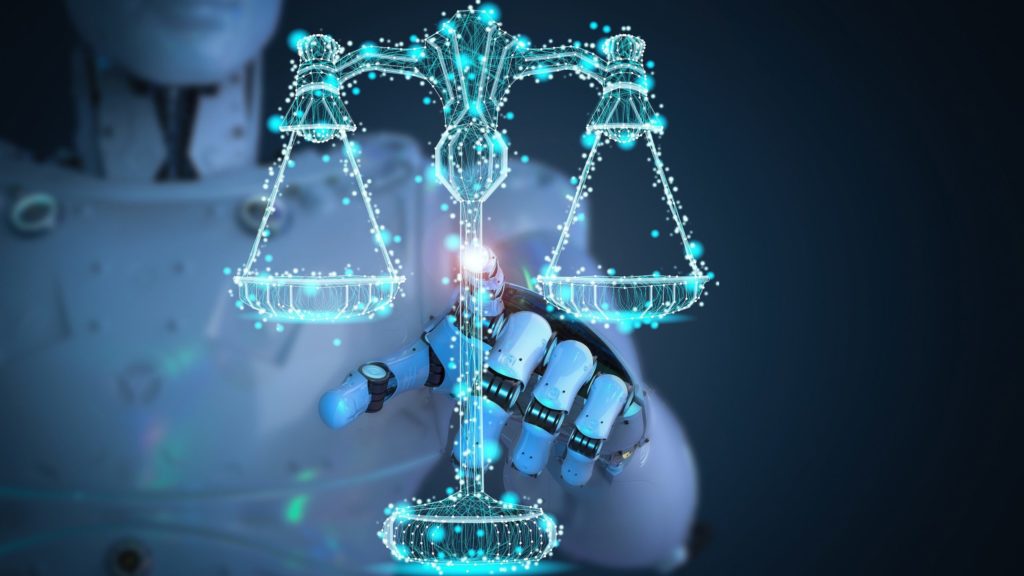
Prof. Mingyan Liu is a key member of a project to mitigate bias in Artificial Intelligence and Machine Learning systems for long-term equitable outcomes.
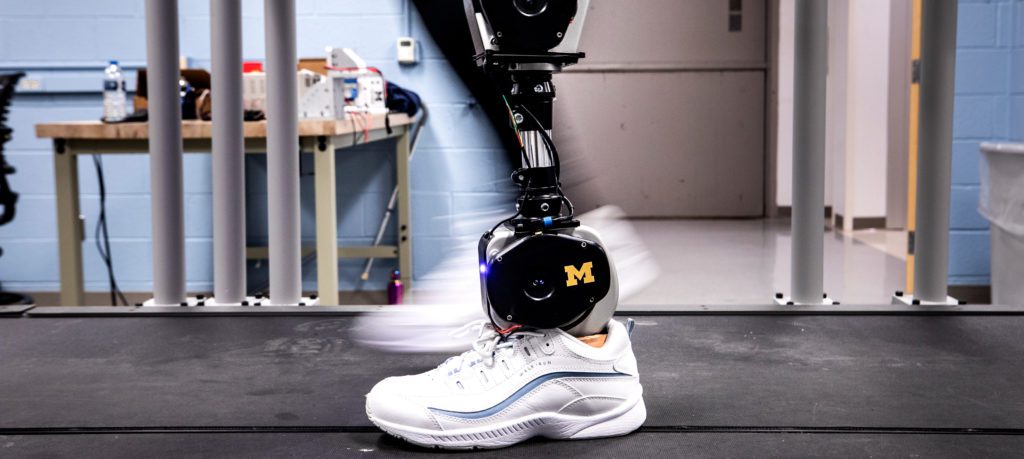
University of Michigan researchers have been awarded an NSF grant to design an open source framework for robotic prosthetic legs that function more naturally and offer a wider range of capabilities.